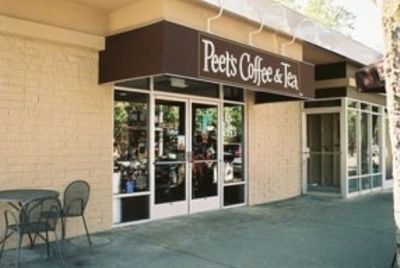Caesars Entertainment (CZR) Could Face Up To $5.1B In Damages, Bankruptcy Examiner Says

Caesars Entertainment Corp. and its private equity backers, Apollo Global Management and TPG Capital, could be liable for up to $5.1 billion in damages for a series of deals that hurt the casino company’s operating unit and led to a $18 billion bankruptcy protection filing, a court-appointed bankruptcy examiner reportedly said Tuesday.
Examiner Richard Davis and a team of lawyers were tasked to probe whether Caesars and its owners took away prime assets from Caesars Entertainment Operating Co. (CEOC), leaving the unit unable to pay back its creditors and leading to a bankruptcy filing last year, Reuters reported.
“The simple answer to this question is ‘Yes’,” Davis wrote at the start of his report, which was made public in bankruptcy court Tuesday.
Though the report based on the year-long investigation is not legally binding, Davis — a former Watergate investigator — said claims ranging from $3.6 billion to $5.1 billion had a better than 50 percent chance of success in court, according to Reuters.
According to the report, CEOC’s assets, including its best hotels and casinos, were moved to other Caesars’ affiliates, leaving CEOC unable to pay its debts, a move junior creditors such as Appaloosa Management hedge fund say looted CEOC to benefit Caesars, the Wall Street Journal reported.
CEOC took on its heavy debt in 2008 after a leveraged buyout led by Apollo and TPG, which hit its balance sheet hard just as the financial crisis began.
“In assessing the actions of CEC and the sponsors (TPG and Apollo), it is important to remember that the sponsors are among the most financially savvy investors in the country,” Davis reportedly wrote. He said that some time in 2012, Apollo and TPG began working to protect their own stake in the event of a Caesars or CEOC bankruptcy, and made decisions that may have been beneficial to Caesars but came at the expense of CEOC’s creditors.
The bitter creditors have reportedly been waiting for Davis’ report to be made public before deciding whether to back a CEOC restructuring plan proposed by Caesars.
CEOC issued a statement Tuesday, calling the report “an important milestone in CEOC’s reorganization process.” Hoping to “reach a consensual deal among its stakeholders,” CEOC “anticipates filing an updated plan of reorganization shortly,” according to the statement.
Shares of Caesars closed Tuesday trade higher by 12 cents, or 1.69 percent.
Over $32 million was reportedly spent on the investigation between March and December, and the amount does not include lawyers’ billings for January and February 2016.
© Copyright IBTimes 2025. All rights reserved.





















